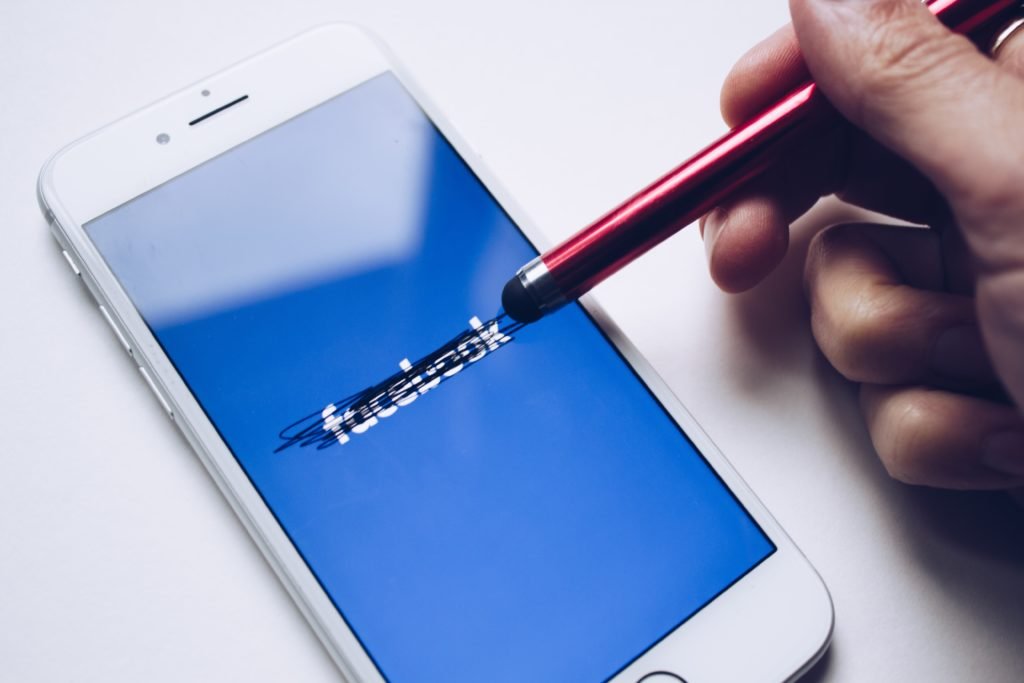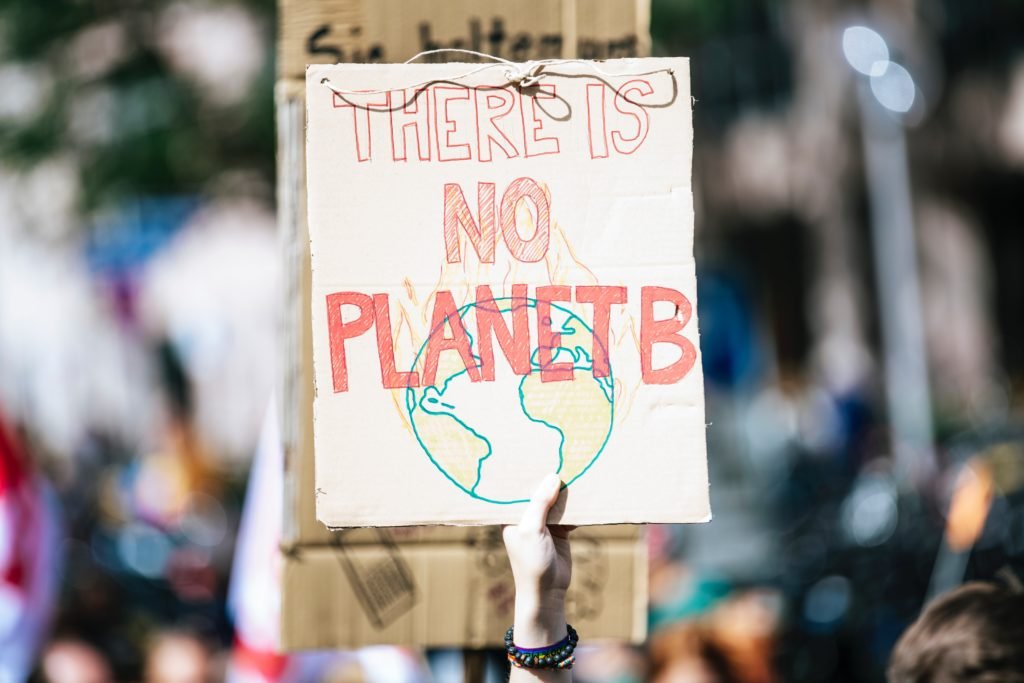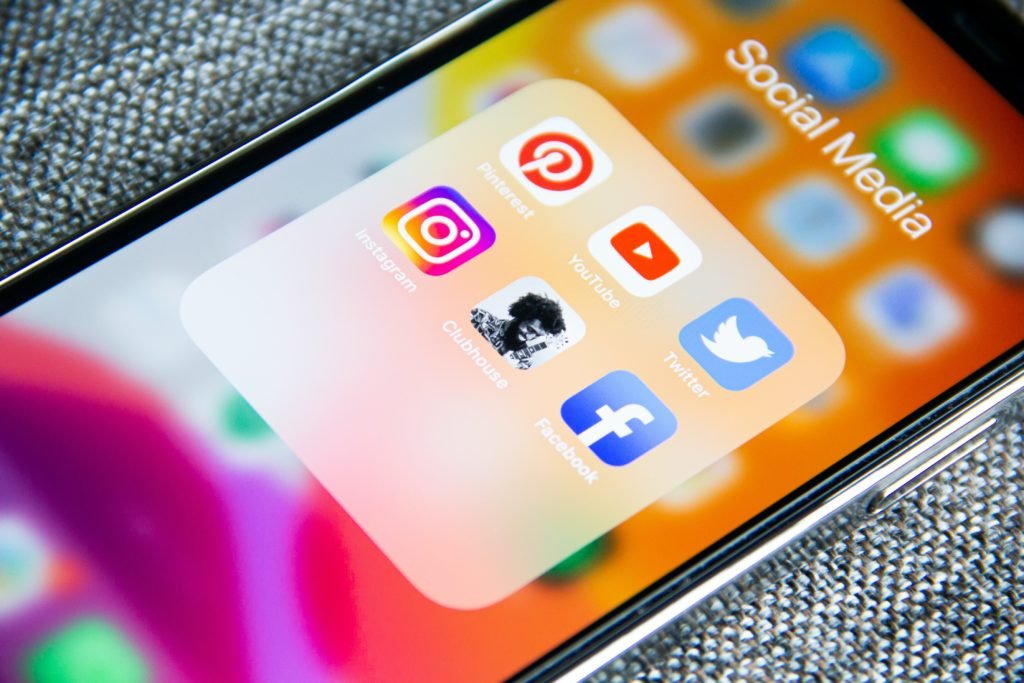You might have noticed that more and more businesses have started to boycott social media publicly. Brands are deactivating their accounts and withdrawing their ads from different social media platforms. In today’s world where social media is part of our everyday lives, it does have an impact on our thinking and being. Comparing our own lives with things we see online might be harmful.
Some brands are getting tired of how social media behaves and are not willing to wait around anymore for the platforms to change their ways. These brands rather stop their marketing activities on these platforms supporting harmful content from unhealthy body images to providing misleading information.
In this article, we will explain why brands are boycotting social media and how your business can prepare for a future where we can’t depend on just a few companies for all our marketing activities.

Which sustainable brands are boycotting social media?
Lush Cosmetics
In November 2021, Lush Cosmetics, a British cosmetics retailer deactivated all its social media accounts. The decision was made in response to growing concerns about the mental health effects of social media. Social media is known to worsen body image and mental health issues for some users, and Lush, whose main demographic includes young people, could not justify staying on social media anymore. Until now, in March 2022, Lush is staying away from all the platforms until they take action to provide a safer environment for users.
Patagonia
The American clothing retailer Patagonia stopped all its paid advertising on Facebook in June 2020. Patagonia chose to stop all the advertising due to the platform spreading misinformation about climate change and the US democracy. In October 2021, Patagonia continued to stand by that boycott, after 16 months.

Reasons why sustainable brands are boycotting social media
It is unhealthy for younger audience
It is obvious that during the past decade, social media has increased mental health issues among users. The unhealthy environment where people are able to share images and posts even anonymously, have impacted on users increasing feelings of anxiety, loneliness, depression, and fear of missing out.
Lush Cosmetics made a deliberate choice to deactivate their accounts to strike against the way the data that is being managed by the social media companies. Their CEO, Mark Constantine told The Guardian that he is happy to face any revenue losses if it means that it’ll bring attention to social media’s devastating mental health effects.
Values are not aligned
Businesses are starting to notice how social media and companies behind it don’t necessarily share the same values with them. An excellent example of this is Patagonia stopping all its paid advertising on Facebook due to the platform spreading misinformation. When the values are not aligned, brands are willing to make the decision to deactivate the accounts to show their audience how they don’t support specific behavior and how they demand change from social media platforms. After all, it is up to these businesses to make the choice that addresses the concerns and aligns with their brand values.
Social media platforms do not address the issues
According to research, Facebook knows that the platforms working under its name such as Instagram impacted users’ mental health issues and did nothing to address this. This is one of the major reasons why brands, including Lush, deactivated their accounts.
Although these platforms are well aware of the harm they are causing, they choose not to address the issues anyway. This is one of the main reasons why various brands are deciding to shut down their social media accounts.

Future of Facebook ads
The digital world is getting more complex every day and so is digital marketing. It can be sometimes challenging for marketers to know how advertising efforts impact business outcomes.
When looking at Facebook advertising, a lot has changed during the past few years. Facebook ads are becoming more expensive all the time and many business owners have decided to leave Facebook. Last year, Apple announced major changes to the iPhone. This new iPhone update introduced a privacy change that made it really easy for the user to ask apps not to track them around the internet. This change became a huge issue for Facebook and Facebook advertising, which relies heavily on user data. Business owners then decided to leave Facebook as they couldn’t identify potential customers on anymore, and if they did, it cost more money.
Due to Facebook becoming more expensive and less effective in advertising, many businesses are looking to change their advertising for different channels that aren’t so heavily relying on user data.
Learn more about this topic by listening to The Journal podcast, where small business owner Martha Krueger explains why she stopped using the platforms, and WSJ reporter Salvador Rodriguez talks about how the company plans to address the exodus.
What’s next for the future?
Social media is an excellent way for brands to raise brand awareness and engage with their audience but at what cost? The real issue lies in the social media operations and how it keeps supporting toxic culture and avoiding addressing the real issues. It might not take long until we see more brands deactivating their accounts to boycott these toxic environments.
Regarding advertising on social media, what we can expect to happen is that brands take their ads to other platforms that support positivity and doing good. One of these options is Good-Loop, an advertising platform that uses the brand’s ad budget to fund amazing causes creating meaningful media moments where a brand and a consumer unite to do some good in the world.
Being a sustainable brand in today’s world is challenging and social media becoming a more and more toxic environment isn’t making marketing any easier. Each brand must make their own decision whether they want to be active and how to use these platforms.
Author: Oona Yletyinen


